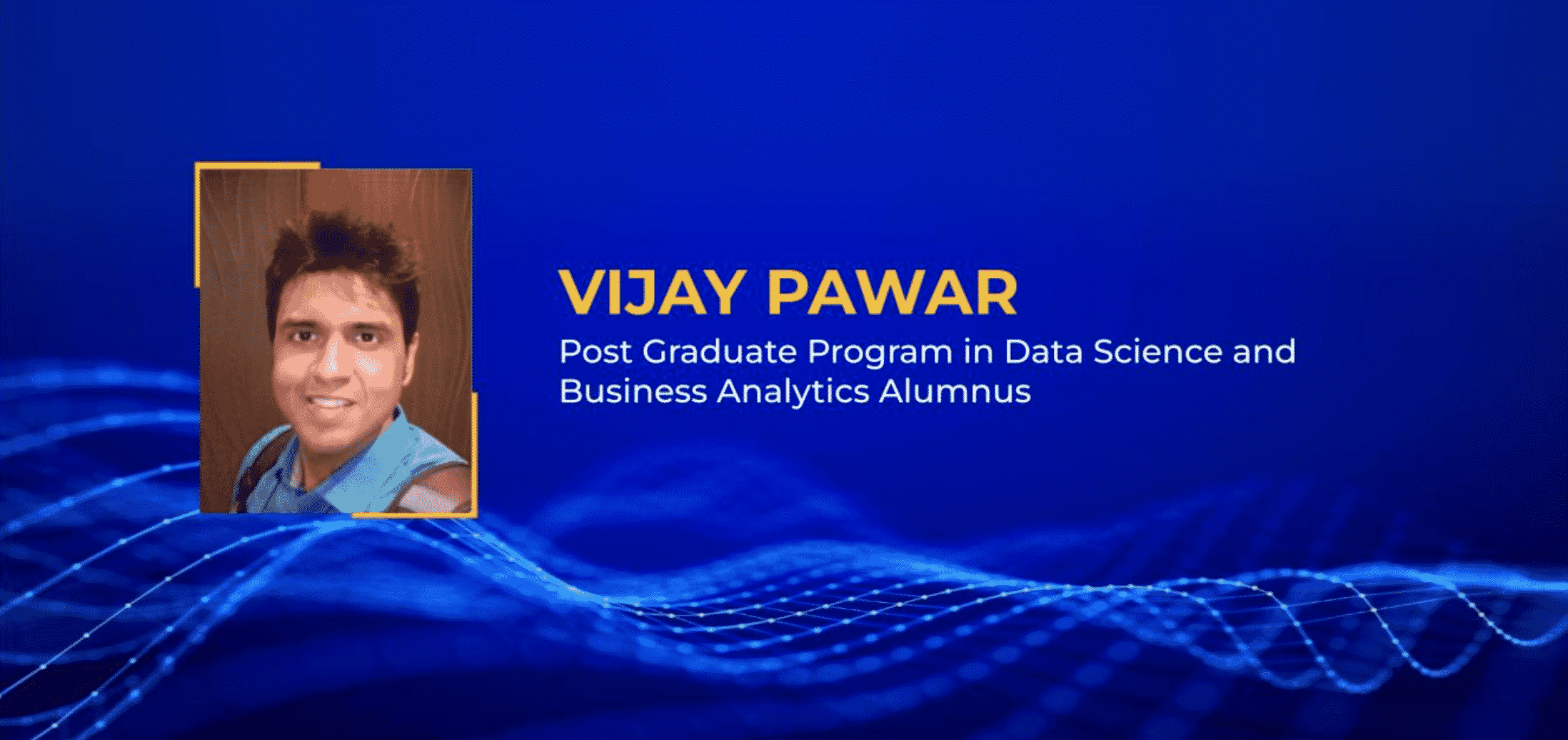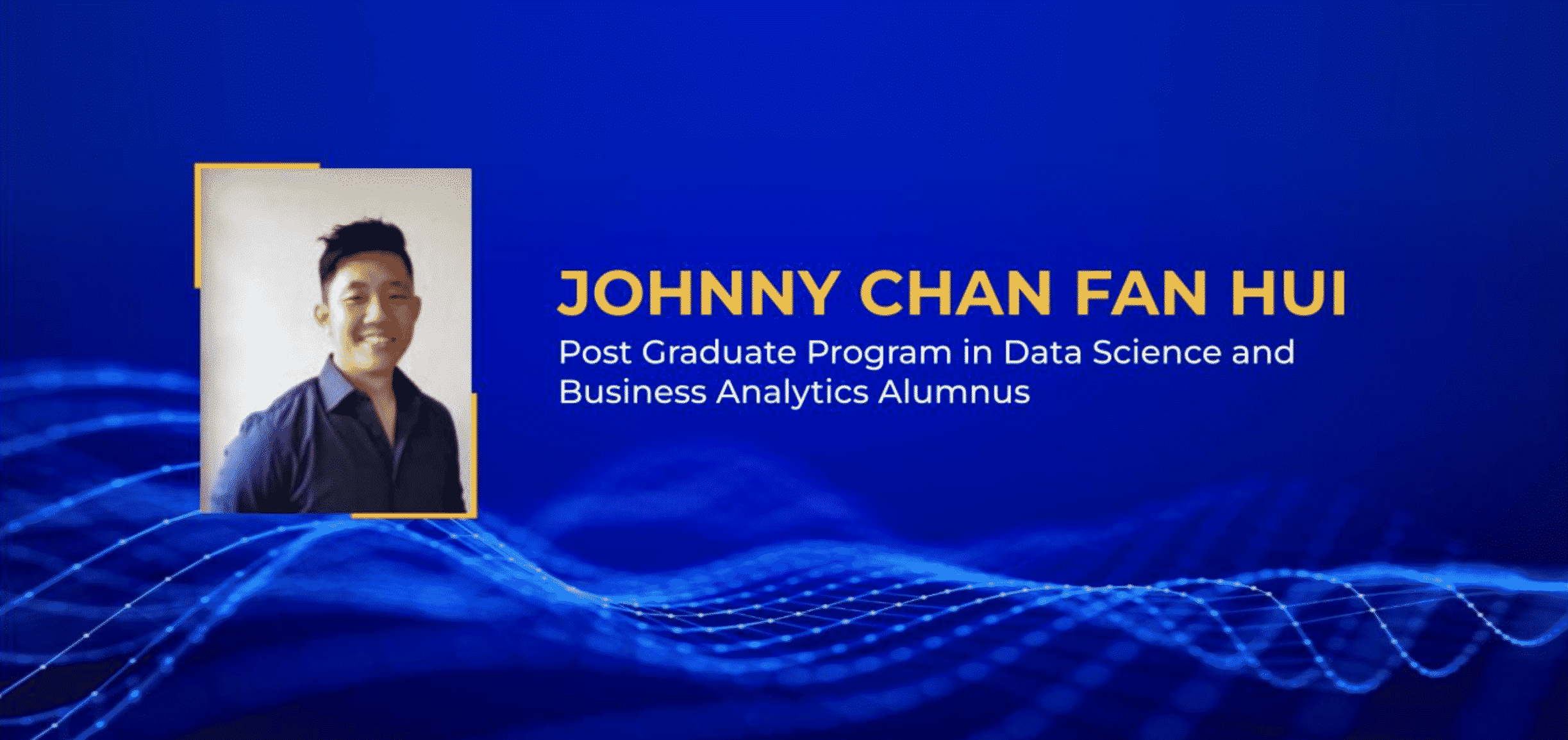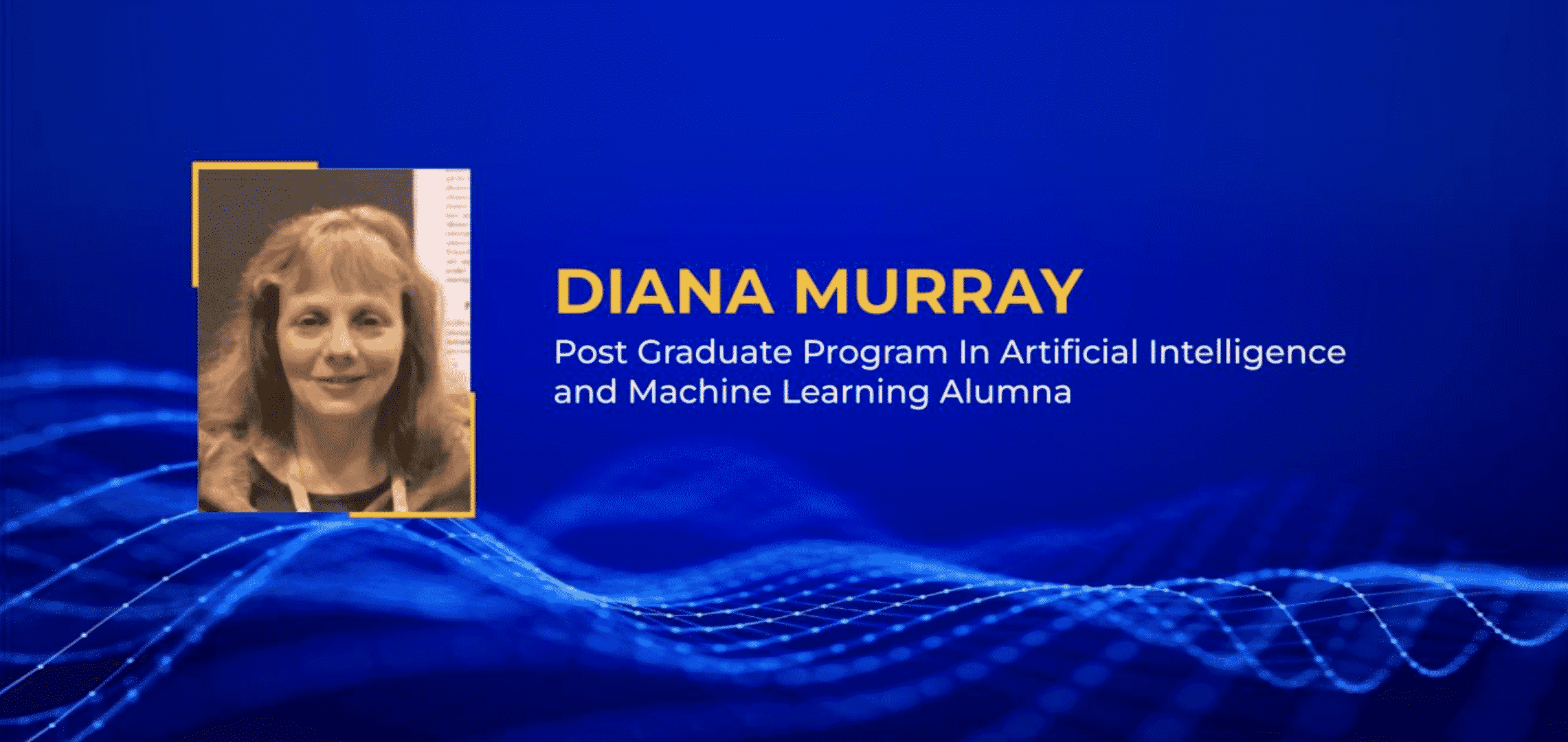
I’m Pradeep Akkalkot, and I’ve been working at Merce Technologies Private Limited as an Application Engineer for the past 9 years. I finished my bachelor’s degree in computer science.
I started as a tech support application engineer. In the organization, my job and responsibilities evolved over time.
Before attending the PGP AIML program, I worked in database management, so I know how vital it is to understand the client’s needs and how they want the data represented. I began working on an Oracle Business Intelligence product. It was a reporting tool, and it was at that point that I realized the value of data.
It is critical for a firm to make precise decisions based on data collected weekly, monthly, and yearly and to implement growth initiatives.
As a result, before joining the program, I had the opportunity to work with another team that was working on Machine Learning projects and used Recommendation Systems and other algorithms. This is how I planned on completing the PGP – AIML curriculum and being familiar with the principles in a structured fashion.
There were several compelling reasons to learn the software. Because I was not a core developer, I spent most of these years working with database administration. I had a hunch and saw this as a path to completing the program.
Second, I saw the global breadth of data, the volume of data created, and the use of data to make critical judgments. I also had a hazy understanding of how to analyze data and evaluate it from an analytical standpoint.
I’m now working on a machine-learning project with a small team of data scientists. In this project, we’re attempting to meet and estimate projected sales targets based on previous sales and income created after marketing in a certain place.
In this project, I have applied time series forecasting. Through the training, I was able to gain a better understanding of the project’s full life cycle, including what critical features should be considered, how to do data cleaning, data EDA and visualizations, and how to deal with outliers, among other things.
It is easy for me to grasp and participate more in the program now that I have learned all of these topics in the software. We are still working on the project, and it will be finished shortly.
Overall, it was a wonderful learning experience, with outstanding professors that have industry experience. They are already well-known in the business as a fantastic data scientist. As a result, it’s an honour to study from such great professors and get valuable industry knowledge.
The Capstone was a summation of all that had been learned and applied. It was difficult at first, but after we got into the swing of things and found our stride, the job became enjoyable. The mentor guided how to think about and implement the project’s themes. The mentor assisted at each level by providing valuable information and ensuring that everyone was participating appropriately.
Certainly, the curriculum has provided an advantage over others in terms of thinking and pursuing facts. However, the market continues to seek experienced data scientists.
However, I still need more hands-on experience and practice before I may be ready to apply for other positions. I’m presently hoping to improve my preparation and work on the project at my company with a team of a few other data scientists.
Finally, although there are other languages, I would advise all individuals interested in entering the field of artificial intelligence to continue with Python. Python is a simple, well-organized manner of writing, and anyone can learn it quickly.
Even if learning for the first time, one should not be afraid; all one needs to do is trust the program and programming language.
Finally, one should have a strong interest in mathematics and statistics.







